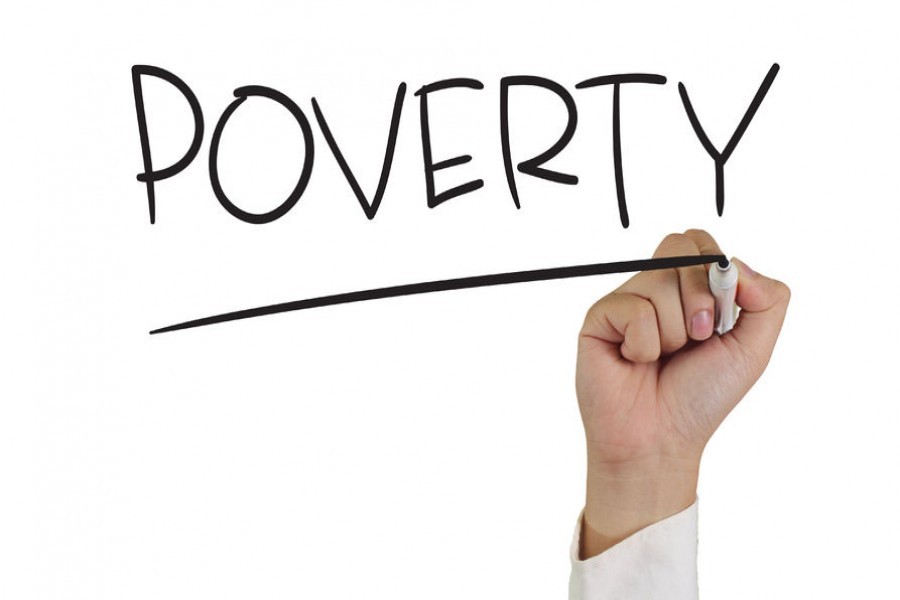The new World Bank (WB) President David Malpass seems to be dedicating the resources and efforts of the global lender towards poverty alleviation. Around the beginning of this month, WB announced that it mobilised over half a billion dollars in new resources to help people in Mozambique, Malawi, and Zimbabwe, which were affected by the assessed impact of Cyclone Idai. As such, WB is going to provide up to $545 million for the three affected countries by activating the International Development Association (IDA) Crisis Response Window (CRW). This is in addition to nearly $150 million in resources that have recently been made available from existing projects.
Together, the total support from WB to the three countries' recovery has now reached around $700 million. The World Bank is also working with Mozambique and Comoros to assess and respond to Cyclone Kenneth. Following a tour of Beira in Mozambique, Malpass said, "Cyclone Idai caused catastrophic damage earlier this year that affected millions of people, and this tragedy has been compounded by Cyclone Kenneth."
Malpass was in Mozambique as part of his first official trip as head of the organisation. Prior to Mozambique, Malpass travelled to Ethiopia and Madagascar to visit several World Bank Group-funded projects.
David Malpass assumed office of the World Bank President on April 09, 2019. On that day, the controversial pick of the United States (US) President Donald Trump to lead the bank, told a small group of reporters that the clear mission and focus of the World Bank is alleviating and eliminating extreme poverty, as well as boosting shared prosperity. Malpass had stressed saying "Our mission is more urgent that ever."
He had noted that with over 700 million people still living in extreme poverty, income growth is insufficient to ensure shared prosperity. "It is critically important that we work tirelessly to foster broad-based growth, raise median incomes, create jobs, and fully incorporate women and young people in economies, to support a stronger, more stable global economy for everyone," he said.
Malpass acknowledged, in a surprise shift from the policy of Trump administration, that climate change represents a key problem that the World Bank has a role in addressing as it can impact poverty in developing nations.
These statements are in stark contrast from his days as US Under Secretary of the Treasury for International Affairs when he regarded the international financial institutions' lending practices "corrupt". He had also complained about financing to China and other relatively well-off countries, claiming that such countries should have graduated from the institutions. Because of such statements, many economists and former officials from the sector, including a Republican, had roundly criticised his nomination to lead the bank. But as no other World Bank member nominated a candidate, in the end he was the only choice.
As part of his selection process, Malpass had spoken to many country leaders and officials, including China. For China, he had noted that the agreement to increase funding for the World Bank, which he was instrumental in negotiating, calls for annual lending to Beijing and to other middle income countries, to decline substantially.
Malpass had acknowledged that China has lifted nearly a billion people out of poverty, which is a welcome example for other countries across the world. But he had stopped short of criticising China's "Belt and Road" initiative. China also has a growing role as a donor to the World Bank fund that provides low-cost loans to the poorest countries like Bangladesh and others across the world.
Can Malpass prove his naysayers wrong by leading the WB in the right direction? Only time will tell.
Sarwar Md Saifullah Khaled is a retired Professor of Economics, BCS General Education Cadre.
sarwarmdskhaled@gmail.com


